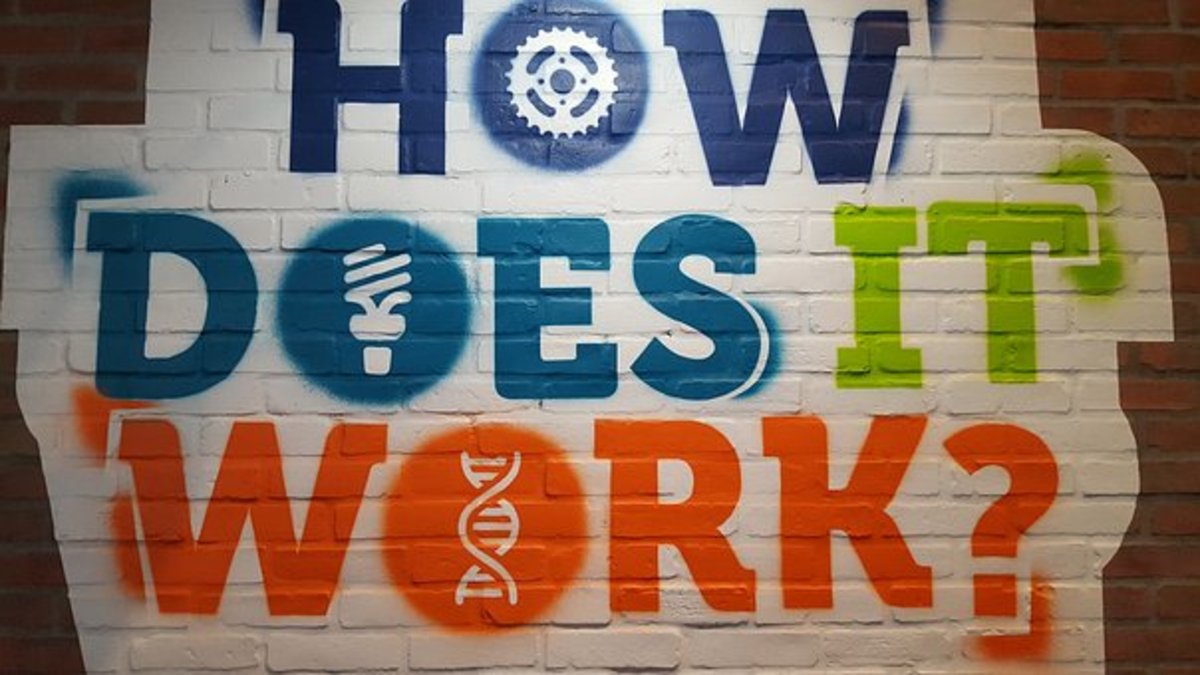logic versus critical thinking

What is the relationship between critical thinking and logic? One of the ways to explore this question is to demonstrate where logic and critical thinking fall in terms of cognitive development. Let's take a brief look at Jean Piaget's stages of cognitive development.
Stages of cognitive development:
- SENSORIMOTOR STAGE: Birth to age 2 (approximately). The child begins with no thinking structures (called schema) and starts to develop them through exploration of his/her senses and experimentation on his/her environment. Much cognitive development occurs but the child is incapable of logical thought.
- PREOPERATIONAL STAGE: Ages 2 to 7 years old (approximately). The child rapidly develops language skills and more sophisticated cognitive structures but is still prelogical. He/she is not capable of conservation (the ability to understand that substance does not change although it changes shape or form; e.g., when water is poured from a tall glass to a short wide bowl, the preoperational child will think that there is now less water). He/she is also incapable of decentering (the ability to see things from another perspective; e.g., when the preoperational child is asked to sit at a table but draw the view from the other end of the table--looking at him/herself, he/she cannot do it). Conservation and decentering are necessary for logical thinking.
- CONCRETE OPERATIONAL STAGE: Ages 7 to adolescence. The child begins to grasp conservation and decentering. He/she begins to question: How does Santa really get to all those houses in one night? He/she can now reason logically but only on a concrete level. He/she cannot think hypothetically or abstractly (when a concrete operational child is shown a blue block and asked, "Is the block green or not green?," he/she will probably answer, "Neither, it's blue." That blue is not green is too abstract). He/she solves problems logically but haphazardly.
- FORMAL OPERATIONS STAGE: Adolescence onwards. The person is now capable of sophisticated logical thought. He/she can think in the abstract and he/she can think hypothetically and solve problems using the logic of combinations. Research shows that only about 25% of the adult population uses formal operations on a regular basis. This level of thinking requires cognitive discipline. According to Kohlberg and Gilligan (1971:1065), 30% of thirty-year-olds may never reach the formal operational stage at all.
Piaget's stages ended with Formal Operations, but many theorists have postulated a fifth stage called Dialectical Reasoning. This is a stage beyond logic where real critical thinking lies. It is the ability to perceive the frequent paradoxes in life and to question and analyze the assumptions that underlie logic. Use this concept to lead into a discussion of the reading assignment.
What does it mean to think critically?
A person can be very logical and not have any fallacies in an argument yet still not be thinking critically. Critical thinking is the ability to detect and evaluate the assumptions underlying the actions, decisions, and judgments in our lives. All of our actions, decisions, and judgments spring from assumptions. If these are unchecked or inappropriate, we will make poor decisions and uninformed judgments.
In personal relationships, we need to learn to keep open lines of communication. We should avoid uncritically reproducing patterns of parental interaction.
In the workplace, we need to avoid stagnation and atrophy caused by uncritically accepting what may come from another era. This is essential to workplace democracy, because we can hold organizational decision makers accountable and probe behind cliques and rhetoric.
What is it like not to think critically?
When not thinking critically, we reproduce the damaging reactions we have learned, accept at face value all justifications given by organizations and political leaders, believe in television commercials, trust political commercials, and accept that, if a textbook says it or an organization does it, it must be right. Lack of critical thinking:
- is a wholly negative process--it tears down ideas and puts nothing in their place.
- will lead to relativistic freeze--the inability to make commitments to people, ideas, or structures. (commitments should be informed ones.)
- seems to involve traumatic change--one is expected to abandon old assumptions continually. (When critically thinking, some beliefs stay the same--they are simply more informed.)
- is dispassionate and cold. (Rather, critical thinking is highly emotive and it is liberating to be free of past assumptions and the anxiety of self-scrutiny.)
Uncovering assumptions is the basis for critical thinking.
- Becoming aware that assumptions exist.
- Making the assumptions explicit.
- Assessing their accuracy and validity by asking:
Do these assumptions make sense?
Do they fit reality as we have understood and lived it?
Under what conditions do they seem to hold true? Under what conditions do they seem false? (context)
Critical thinking at work is:
- The foundation of true diversity.
- The ability to engage in perspective taking, entering another's head, and seeing as he/she sees.
- Tolerance for ambiguity and paradox.
- Holding multiple interpretations of the same situation
- Being skeptical of people who say, "This very complicated problem basically has just one cause."
- Alertness to the premature ultimate.
- An idea or concept that, when invoked, is so powerful and inspires such reverence that any further debate is forestalled (e.g., a politician invoking "democracy," or it's "what the customer wants").

![1-800-273-8255 [feat. Alessia Cara & Khalid] [Explicit]](https://m.media-amazon.com/images/I/61VUtfvpxUL._SL160_.jpg)







